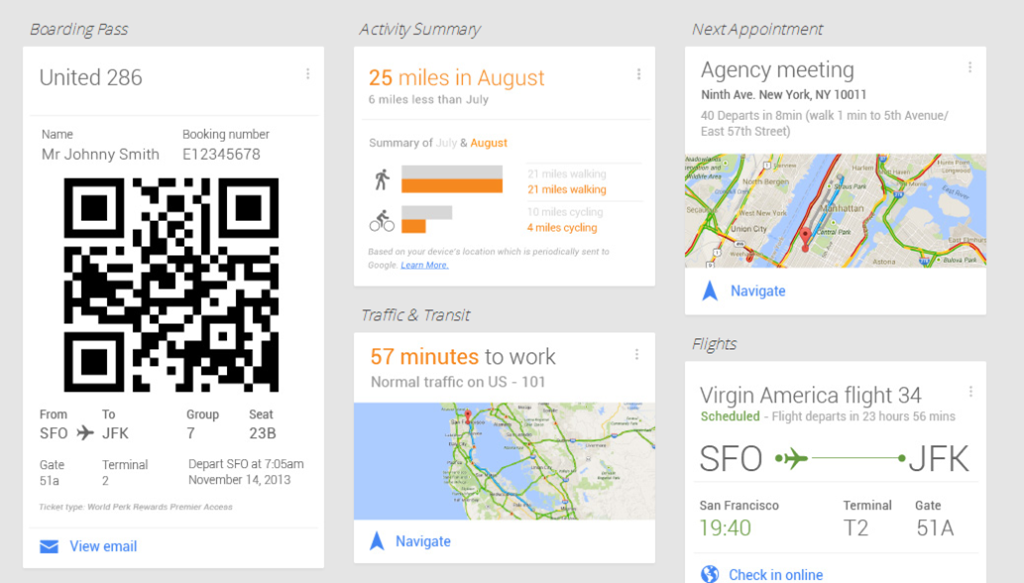Researchers have now confirmed that Macbooks manufactured prior to 2008 are vulnerable to spying attacks that allow the webcams to be activated without activating their lights. Although the study only focused on the pre-2008 Macbooks, researchers seem to think that most laptops with built-in webcams are vulnerable to spying as well.
It has long been theorized that a computer’s webcam could be used for spying. In recent years, some privacy-centered individuals have covered up their webcams to prevent an individual or government spy agency from checking in on them.
Most people however, have avoided covering their webcam thinking that the webcam’s light would go on if someone had hacked into it, but this may not actually be the case. New research and individual accounts of webcam spying have concluded that if someone wants to hack into a person’s Macbook webcam, its light can be disabled in some situations, allowing the spying to go undetected.
A Horrible Story
Recent research into webcam spying seems to have been spurred by individual anecdotes, specifically those belonging to victims of extortion attempts that utilized nude photos from the victims’ webcams to blackmail them.
Miss Teen USA Cassidy Wolf is one of the victims who was targeted by a former high school classmate, Jared Abrahams. Last year, Abrahams was investigated by the FBI and later pled guilty to extortion after he used nude photos of Wolf to blackmail her. Although this is not the first time that a webcam has been controlled remotely, this case was different as according to Wolf, the webcam light on her Macbook never went on, something that should have been impossible.
Researchers have now confirmed that Macbooks manufactured prior to 2008 are vulnerable to attacks that allow the webcams to be activated without activating their lights.
An Important Feature
Whether it is done by an individual or a government agency, using a person’s webcam without his knowledge is something that should concern the average person. “Apple went to some amount of effort to make sure that the LED would turn on whenever the camera was taking images,” said Johns Hopkins computer science professor Stephen Checkoway.
Checkoway and his fellow John Hopkins researchers have confirmed in a recent study that older Macbook webcams can be in operation without the vital privacy light being turned on. Although the study only focused on the pre-2008 Macbooks, researchers seem to think that most laptops with built-in webcams are vulnerable.
What may be even more concerning in light of recent and potentially unconstitutional government spying is that the FBI has been exploiting webcams in this way for many years. Court documents and individuals familiar with the FBI’s techniques confirm that for several years, the agency has been able to activate webcams without triggering their privacy lights.
With the oversight that the FBI has had to deal with, the courts have not approved the agency’s requests to use these webcam spying tactics in all cases. Although this may alleviate concerns regarding the FBI, it is likely that other groups, namely the NSA, know how to hack into a webcam as well.
